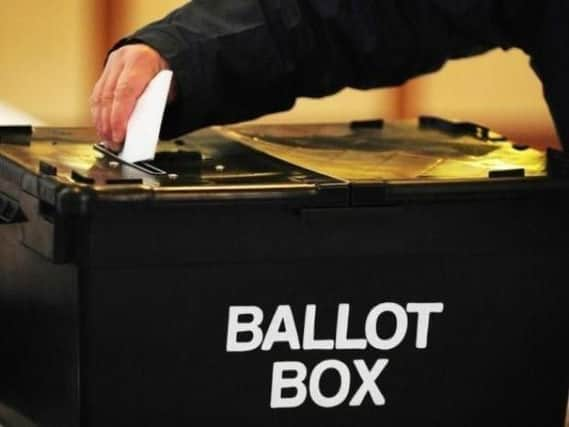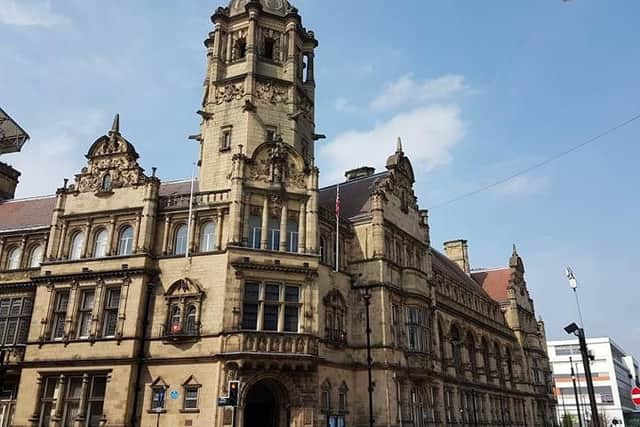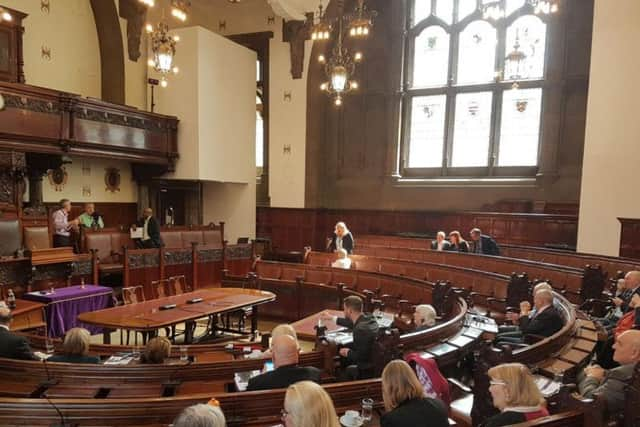Wakefield Council local elections 2019: Your handy guide to the key questions


But how will going to the polls this time affect your daily life and why is it important? How does it differ from other elections, and what do the people who want your vote actually do?
Here's your handy explainer to the key questions.
What is the make-up of the council and what am I voting for?


Advertisement
Hide AdAdvertisement
Hide AdThe Wakefield district is split into 21 geographical zones, which are each called wards. Each ward has three local councillors representing it, meaning the council has a total of 63 elected members serving the whole of Wakefield.
At this election, one seat from each area is being contested.
Whoever wins the most votes in each ward is entitled to sit on the council for four years, until that seat is contested again.
Currently, there are 52 Labour councillors and 11 Conservatives, but depending on how you vote on May 2, that could change.


Advertisement
Hide AdAdvertisement
Hide AdWasn't there a local election last year? Why is it happening again?
Yes there was, and here's why. Most local councils hold elections in three out of every four years, to make sure that voters get a regular say in the political make-up of their local authority.
This year, it's a different set of 21 seats being contested to last year.
Is my local councillor responsible for Brexit?
No, this is a common misconception.
Whatever the political allegiance of the man or woman on your doorstep asking you to vote this year, they have absolutely no influence over what goes on in Westminster and can't vote on Theresa May's deal.
Advertisement
Hide AdAdvertisement
Hide AdWhile it's perfectly possible that your views of a political party may have been swayed by what's happened with the Brexit process, your local council can't take us out of the European Union any quicker, or for that matter, keep us in.
So it's different to a General Election then?
Yes. MPs, who sit in Parliament, influence what happens at a national level. A General Election is next due to take place in 2022, and although one could happen sooner than that, we're not having one on May 2.
So what's the point in voting then?
Voting in the local elections means you have your say on how your council tax is spent and how local services, like schools, bin rounds and the highways are run.
Different political parties and independent candidates have different ideas about what services should get the most cash and how things are run.
A good councillor will be clued up about what's going on in the area where you live and will use their position to represent the concerns of their constituents.
Local Democracy Reporting Service